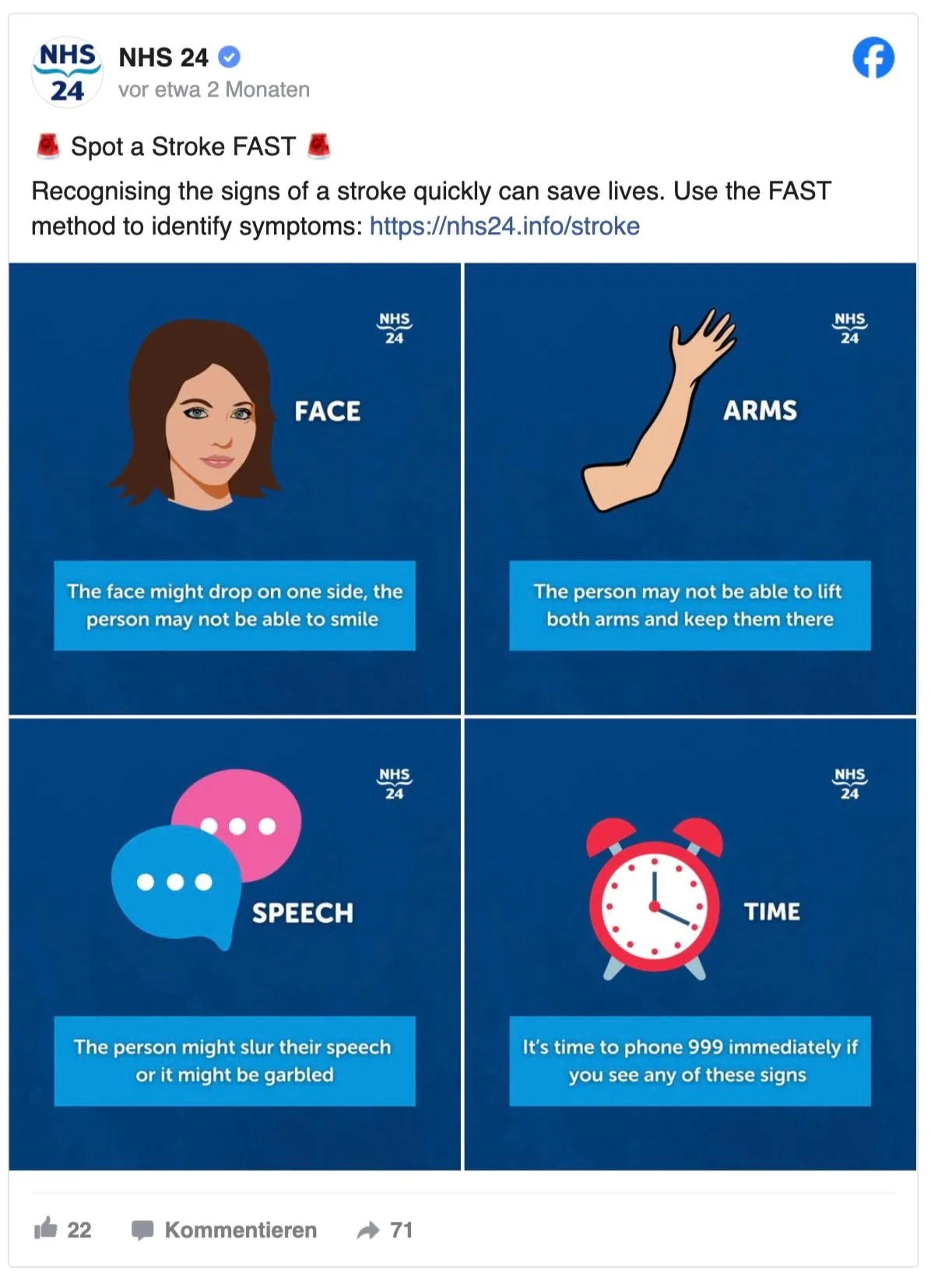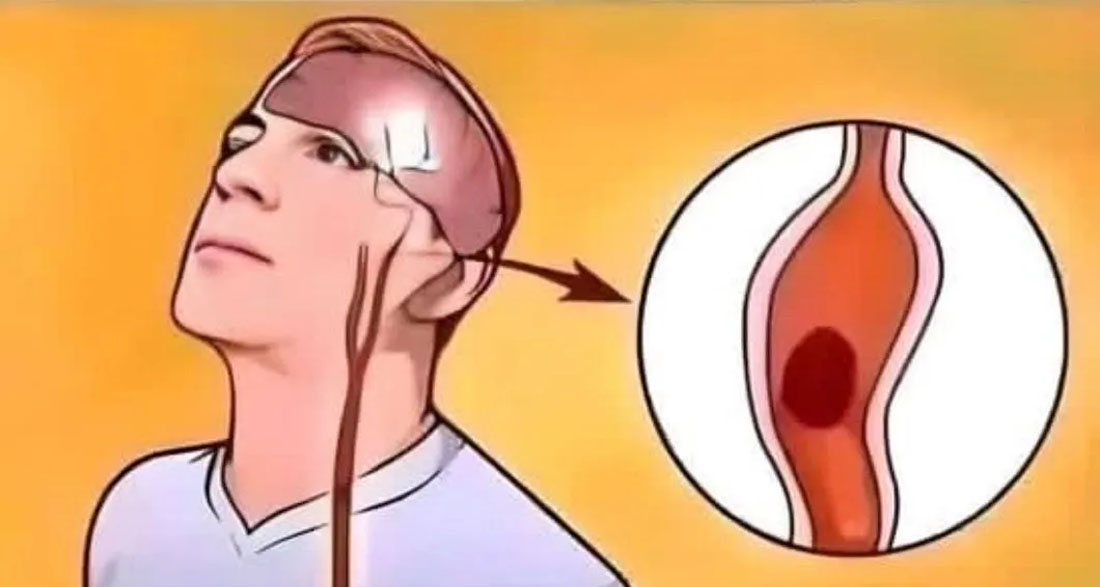In the race against time, every second counts when it comes to dealing with a stroke. Acting fast can mean the difference between life and death, or a full recovery versus long-term disability.
Imagine this: your brain depends on a steady flow of blood to function properly. When something like a blockage (called an ischemic stroke) or a burst blood vessel (a hemorrhagic stroke) disrupts this flow, brain cells start to die within minutes. Strokes are a leading cause of disability, affecting speech, movement, and thinking abilities. But quick medical help can lessen these effects significantly.
The Centers for Disease Control and Prevention (CDC) reports that in the United States, someone has a stroke about every 40 seconds, and sadly, someone dies from a stroke about every 3 minutes and 11 seconds. Knowing the signs and acting swiftly can save lives.
Identifying Stroke Symptoms: Remember FAST Using the FAST method can help spot common stroke signs quickly:
- F for Face: Check if one side of the face droops or feels numb. Ask them to smile to see if it’s uneven.
- A for Arms: See if one arm is weak or numb by having them raise both arms. Watch if one drifts down.
- S for Speech: Listen for slurred or strange speech. Ask them to repeat a simple phrase, like “The sun is shining.”
- T for Time: If you notice any of these signs, call 911 right away. Time is critical!
More Warning Signs Look out for other sudden symptoms, including:
- Confusion: Trouble speaking or understanding others.
- Vision issues: Blurry or lost vision in one or both eyes.
- Severe headache: A sudden and intense headache with no known cause.
- Dizziness or balance problems: Difficulty walking or sudden clumsiness.
- Weakness or numbness: Sudden weakness in the face, arm, or leg, especially on one side.

Steps to Lower Stroke Risk While not all strokes can be prevented, healthy habits can reduce the chances:
- Control blood pressure and cholesterol levels.
- Stay active with regular exercise to boost heart and brain health.
- Quit smoking to cut stroke risk.
- Limit alcohol intake.
- Manage diabetes by keeping blood sugar levels in check.
- Know your family history of stroke risks and talk with your doctor about them.
Why Stroke Awareness Matters Strokes don’t discriminate by age or health. They can happen to anyone, anytime.
Quick Action Saves Lives Recognizing symptoms promptly can prevent serious brain damage or even death. Knowing what to look for could mean saving someone’s life.
Empower Yourself and Others Being informed helps you act decisively in emergencies. Your quick response could make all the difference in someone’s recovery.
Time Matters The longer a stroke goes untreated, the greater the chance of permanent brain damage or disability. Spotting symptoms early and getting help fast can change the outcome dramatically.
Share this crucial information to spread awareness and empower yourself and those around you. Recognizing a stroke and acting swiftly could be one of the most important actions you ever take.
What do you think about this information? Share your thoughts below!






